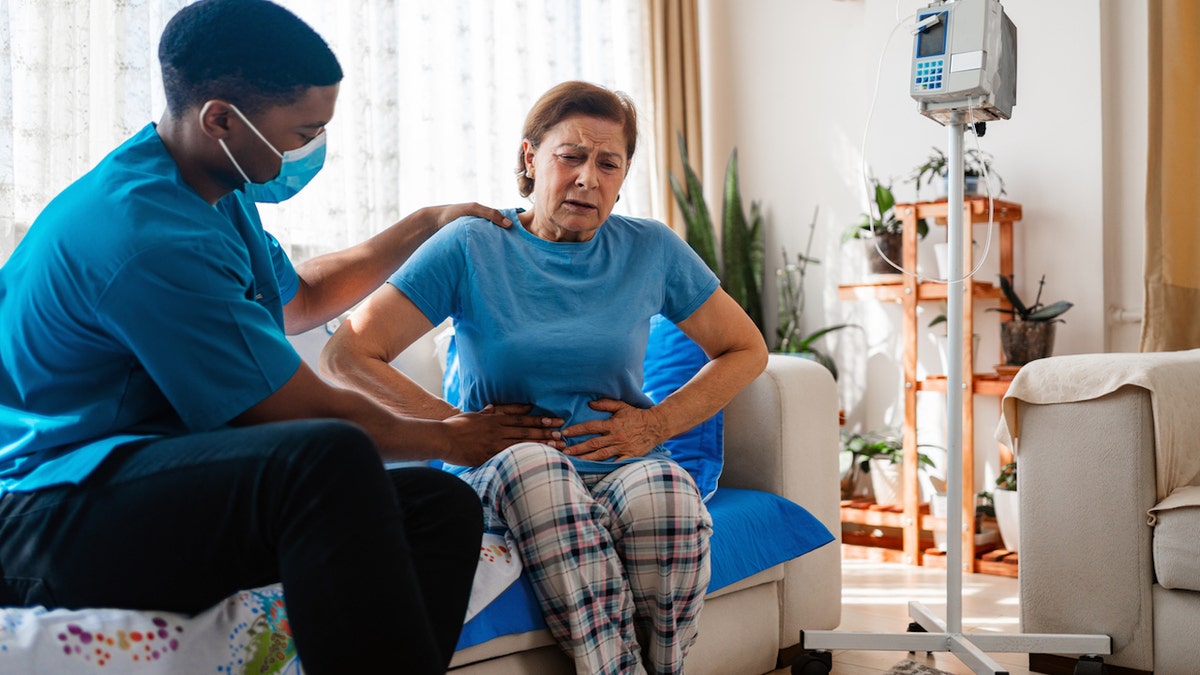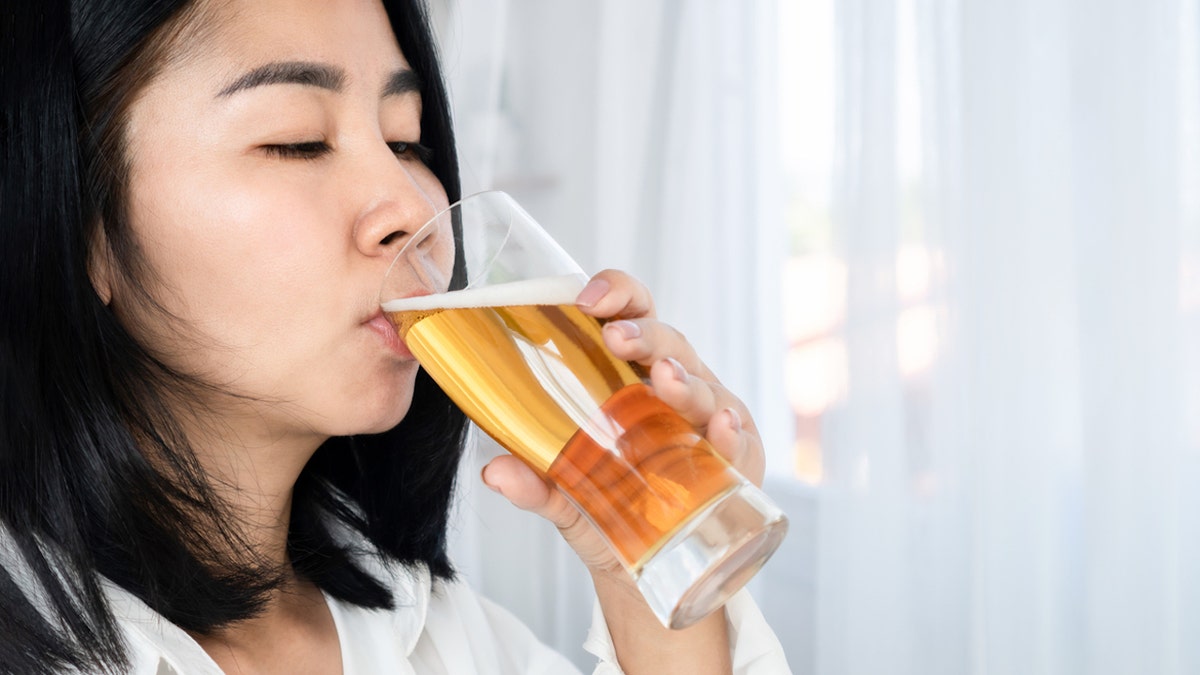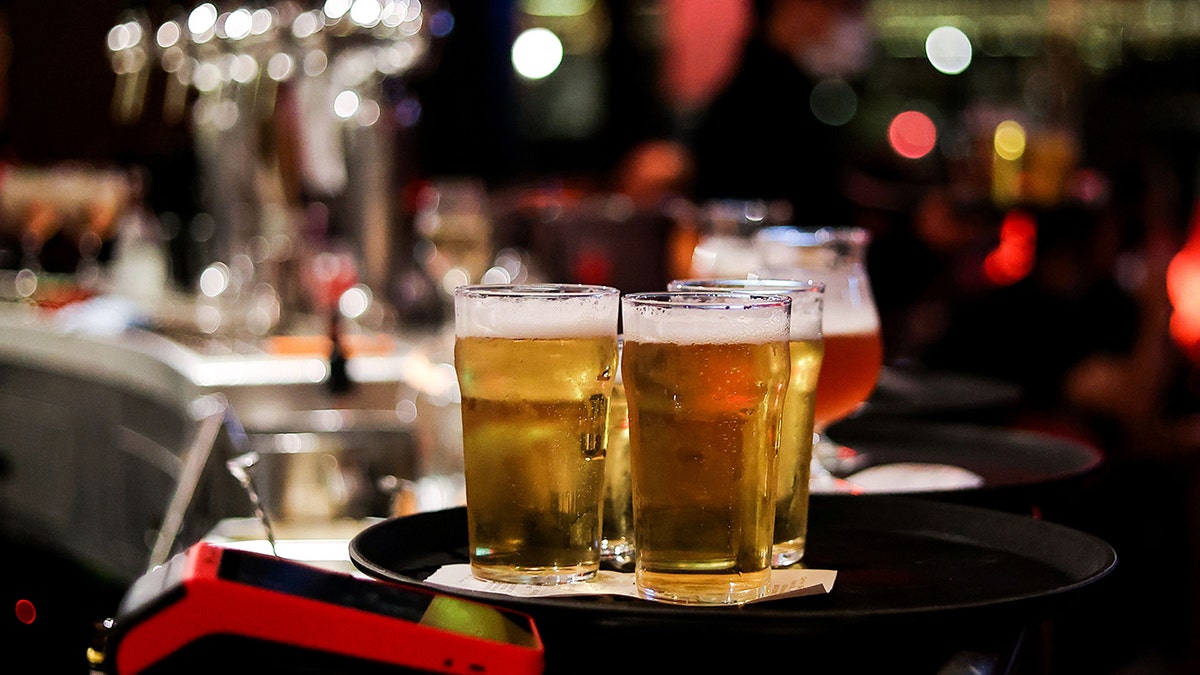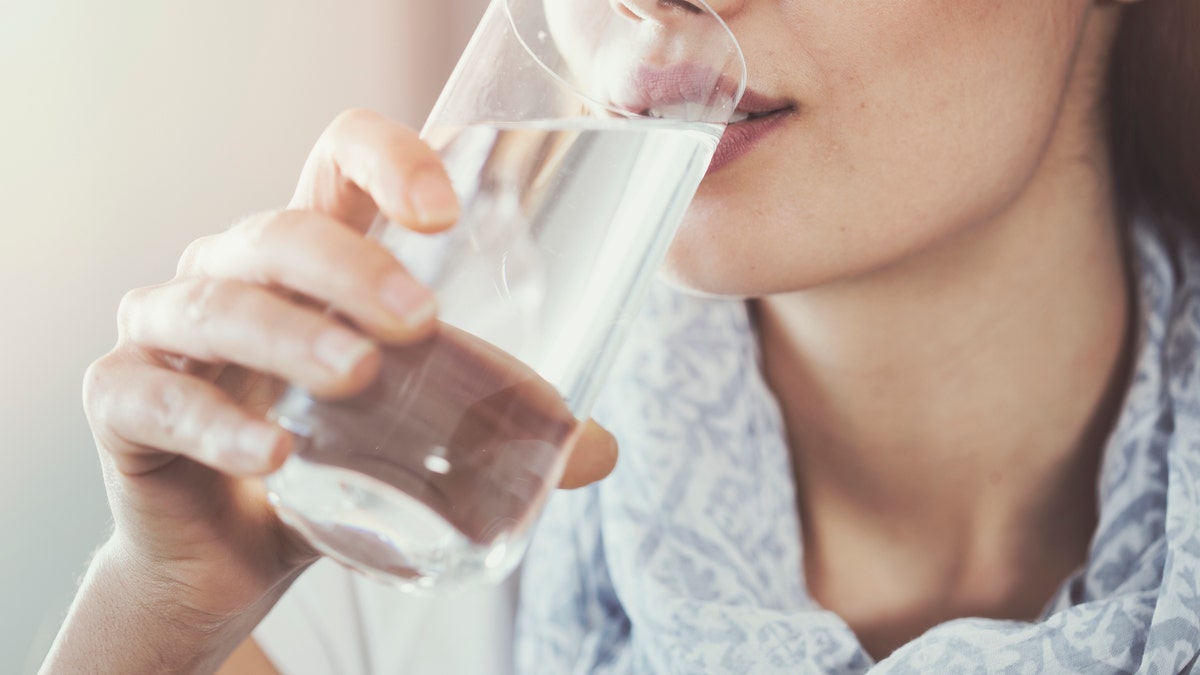
For those participating in “Dry January,” another potential benefit of giving up alcohol has emerged.
Giving up alcoholic drinks — or reducing the amount that’s consumed — could reduce the risk of getting oral or esophageal cancer, according to a special report published in The New England Journal of Medicine on Dec. 28.
Researchers from the International Agency for Research on Cancer (IARC), part of the World Health Organization (WHO), analyzed multiple studies to determine the relationship between alcohol consumption and cancer occurrence.
DOES ‘DRY JANUARY’ ACTUALLY IMPROVE YOUR HEALTH? HERE’S WHAT TO KNOW
“Based on the evidence reviewed from relevant studies published to date, the Working Group concluded that there is sufficient evidence that, compared with continuing consumption, reduction or cessation of alcoholic beverage consumption reduces the risk of oral cancer and oesophageal cancer,” said Beatrice Lauby-Secretan, PhD, head of the IARC Handbooks of Cancer Prevention in France, in a statement to Fox News Digital.
More research is needed to determine if curbing alcohol intake could also reduce the risk of other types of cancer.

For those participating in Dry January, another potential benefit of giving up alcohol has emerged in the form of a new cancer report. (iStock)
“The evidence that reduction or cessation of alcoholic beverage consumption reduces cancer risk was limited for laryngeal, breast and colorectal cancers,” Lauby-Secretan noted.
Stopping alcohol consumption for a period of five to nine years was shown to reduce oral cancer risk by 34%, the researchers found.
CANCER RISK COULD INCREASE WITH CONSUMPTION OF CERTAIN FOODS AND DRINKS, STUDY FINDS
Cutting out alcohol completely for 10 to 19 years reduced the risk by 55%.
For esophageal cancer, five to 15 years without alcohol cut the risk by 15% — and 15 years or more of alcohol abstinence reduced the risk by 65%.

For esophageal cancer, five to 15 years without alcohol cut the risk by 15%, and 15 years or more of alcohol abstinence reduced the risk by 65%. (iStock)
When someone drinks alcohol, the body metabolizes it to acetaldehyde, which is a known carcinogen.
Eliminating alcohol prevents this from occurring, the researchers found.
Alcohol has also been shown to have genotoxicity, which means it causes damage to DNA — which can lead to cancer.
Finally, alcohol consumption can affect the immune and inflammatory systems, Lauby-Secretan noted.
VACCINE FOR DEADLY SKIN CANCER SHOWS ‘GROUNDBREAKING’ RESULTS IN CLINICAL TRIAL
The main limitation of the review is that there were only a certain number of existing studies available to review.
“The Working Group was surprised about the limited number of studies available for review on the reduction in cancer risk associated with reduction or cessation of alcohol consumption,” Lauby-Secretan told Fox News Digital.
“Such studies are abundant for tobacco cessation, but much less so for alcohol consumption,” she went on.
“Also, very few studies investigated the effect of reducing the amount of alcohol consumed, with most studies looking at cessation.”

Giving up alcoholic drinks — or reducing the amount consumed — could reduce the risk of getting oral or esophageal cancer, according to a special report published in The New England Journal of Medicine on Dec. 28. (iStock)
Prior research has shown that even low amounts of alcohol consumption increase the risk of breast and other types of cancers, including oral, pharyngeal and oesophageal cancers.
“And now we have evidence that reduction or cessation of alcoholic beverage consumption can reduce the risk caused by consumption for those who currently consume alcohol,” Lauby-Secretan said. “In short, less is better.”
IN POTENTIAL CANCER BREAKTHROUGH, NEWLY FOUND ‘KILL SWITCH’ TRIGGERS DEATH OF CANCER CELLS: ‘ONE-TWO PUNCH’
Alcohol consumption is a “major public health concern,” the researcher noted.
“The risk of developing cancer increases substantially the more alcohol is consumed.”
“It is important to raise awareness about the fact that alcoholic beverage consumption causes cancer,” said Lauby-Secretan. “The risk of developing cancer increases substantially the more alcohol is consumed.”
All types of alcoholic beverages, including beer, wine and spirits, are linked to cancer, she added, regardless of their quality or price.
7 WAYS DRINKING ALCOHOL CAN IMPACT YOUR GUT HEALTH: ‘SOBERING’ EFFECTS
Sudarsan Kollimuttathuillam, M.D., a medical oncologist and hematologist at City of Hope Orange County in California, was not involved in the study but said he did not find the results surprising.
“A growing body of evidence links alcohol use to increased risk for several types of cancer,” he told Fox News Digital.
“Alcohol consumption is associated with around 6% of all U.S. cancer diagnoses,” he added. “The associations and mechanisms are not yet fully understood, but include accumulated damage to DNA, the cells and the liver.”

All types of alcoholic beverages, including beer, wine and spirits, are linked to cancer, the researcher said. (KENZO TRIBOUILLARD/AFP via Getty Images)
Although consuming alcohol does not definitely lead to cancer for everyone, Kollimuttathuillam noted there is “no safe amount” to drink, just as there isn’t a safe number of cigarettes you can smoke.
“Simply put, when it comes to preventing cancer, the less you drink, the better, and not drinking at all is best,” he advised.
CLICK HERE TO SIGN UP FOR OUR HEALTH NEWSLETTER
For those who choose to consume alcohol, the 2020-2025 Dietary Guidelines for Americans suggests limiting intake to no more than one drink per day for women and two drinks per day for men.
“The good news is that alcohol use is among the cancer risk factors we can act on,” Kollimuttathuillam said.

“One of my most frequent recommendations to patients is to make — and maintain — healthy lifestyle changes as part of their cancer prevention or treatment plan,” a medical oncologist told Fox News Digital. (iStock)
“As a medical oncologist, one of my most frequent recommendations to patients is to make — and maintain — healthy lifestyle changes as part of their cancer prevention or treatment plan.”
Those changes typically include limiting alcohol, quitting tobacco if used, eating more green, leafy vegetables and whole grains, reducing or eliminating highly processed foods, maintaining a healthy body weight and being physically active, the doctor said.
CLICK HERE TO GET THE FOX NEWS APP
“If you are a patient with cancer or a cancer survivor, speak with your oncologist about your alcohol intake and ways to reduce or eliminate drinking if needed,” he recommended.
For more Health articles, visit www.foxnews.com/health.

 Latest Breaking News Online News Portal
Latest Breaking News Online News Portal




